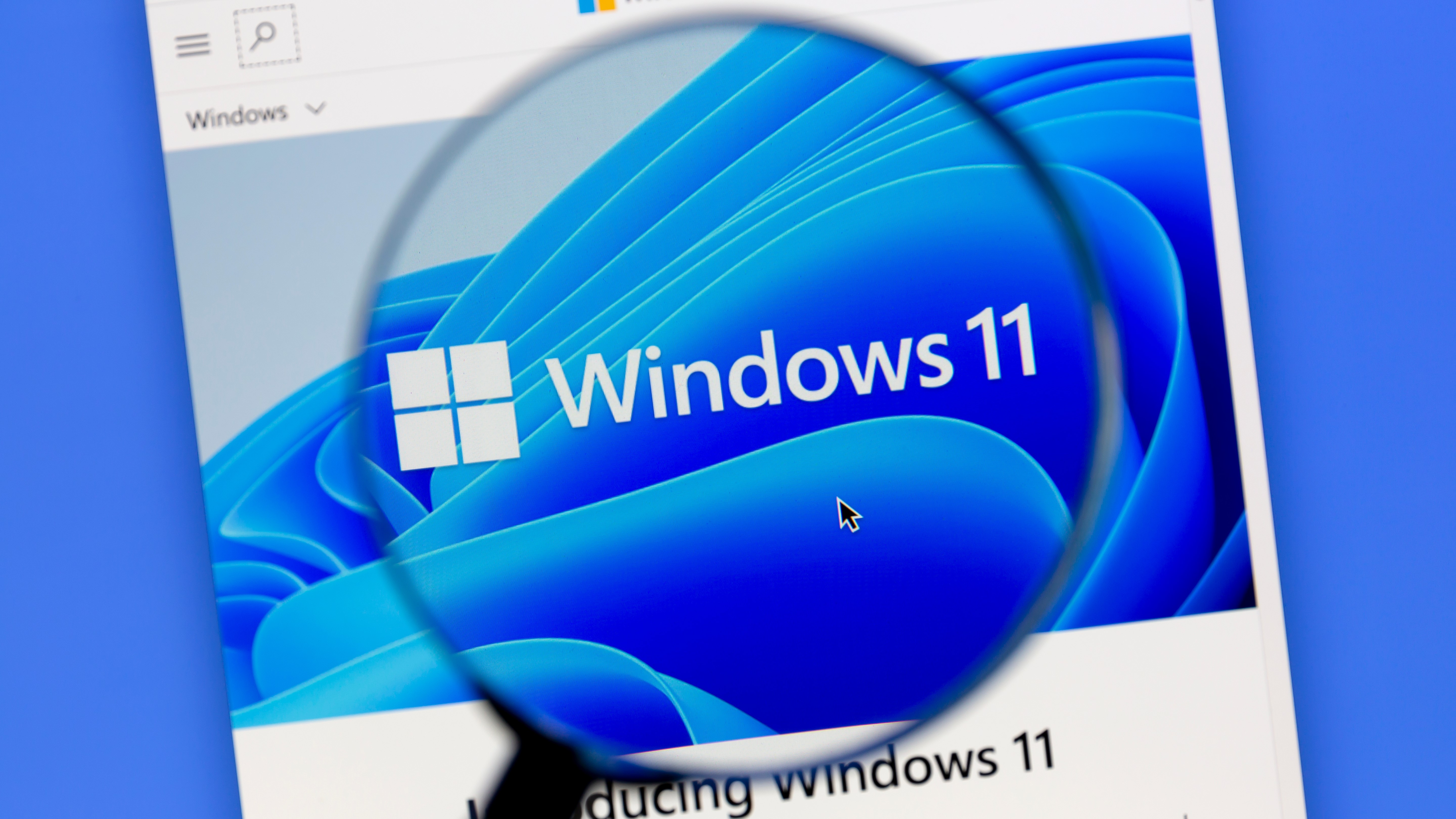Windows 11 PC Health Check app is being pushed to Windows 10 PCs
Is the company not-so-subtly urging you to update to Windows 11?

Windows 11 maker Microsoft has begun rolling out a Windows update that preloads the PC Health Check app on Windows 10 PCs. As we’ve reported, this app scans your PC to see if it meets Microsoft’s strict Windows 11 requirements. This update is only for Windows 10 PCs and will not be pushed to Windows 11 users.
This is potentially a big deal because Microsoft is seeding a broad swathe of Windows PCs with a tool designed to help people upgrade to Windows 11. While Microsoft now claims the tool has been expanded with additional features for Windows 10 users (including new tools for monitoring battery and storage capacity, as well as one for managing programs to improve startup time), it's hard not to imagine that this is a first step on the path to pushing recalcitrant Windows users to upgrade to Windows 11.
- The best Windows laptops you can buy right now
- How to upgrade to Windows 11 from Windows 10
- Plus: How to downgrade from Windows 11 to Windows 10
“This update installs the PC Health Check application onto Windows 10, version 2004 and later devices,” explains Microsoft on a support page. “However, we will not install PC Health Check on Windows 11 devices. PC Health Check includes diagnostics to monitor device health and troubleshooting to improve performance, all from the convenience of a single dashboard.”
The app automatically updates itself, eliminating the need to manually update it, as OnMST reports. This seems like a benign, even useful update on the surface, as the PC Health check app is just a diagnostic tool Microsoft asks you to run before attempting to install Windows 11 on your system. The update that will now push it out to Windows 10 PCs is also optional, should you choose to ignore it; all you need to do is turn off automatic updates.
But as TechRadar speculates, this could be the beginning of Microsoft becoming pushy with Windows 11. In the future, this app could become more intrusive and start nagging users to upgrade. This will be frustrating both to folks who do not meet Microsoft’s Windows 11 requirements and those who simply do not want to update to Windows 11.
As we said in our review, Windows 11 is a solid operating system but there’s no need for Windows 10 users to make the switch at this time. Widely-reported issues, such as computers with AMD Ryzen GPUs experiencing drops in gaming performance, have proven that Windows 11 isn't free of compatibility issues. Unless you’re planning on building a new PC, buying all-new hardware just to run Windows 11 makes little sense. Given Microsoft’s track record, we also believe the Redmond-based company will become more aggressive about getting users to update to Windows 11 as time goes on.
If you do want to update to Windows 11, be sure to read our How to upgrade to Windows 11 from Windows 10 piece. Also, be sure to check out which CPUs are compatible with Windows 11 and how to enable TPM on your PC.
Get instant access to breaking news, the hottest reviews, great deals and helpful tips.

Tony is a computing writer at Tom’s Guide covering laptops, tablets, Windows, and iOS. During his off-hours, Tony enjoys reading comic books, playing video games, reading speculative fiction novels, and spending too much time on X/Twitter. His non-nerdy pursuits involve attending Hard Rock/Heavy Metal concerts and going to NYC bars with friends and colleagues. His work has appeared in publications such as Laptop Mag, PC Mag, and various independent gaming sites.
